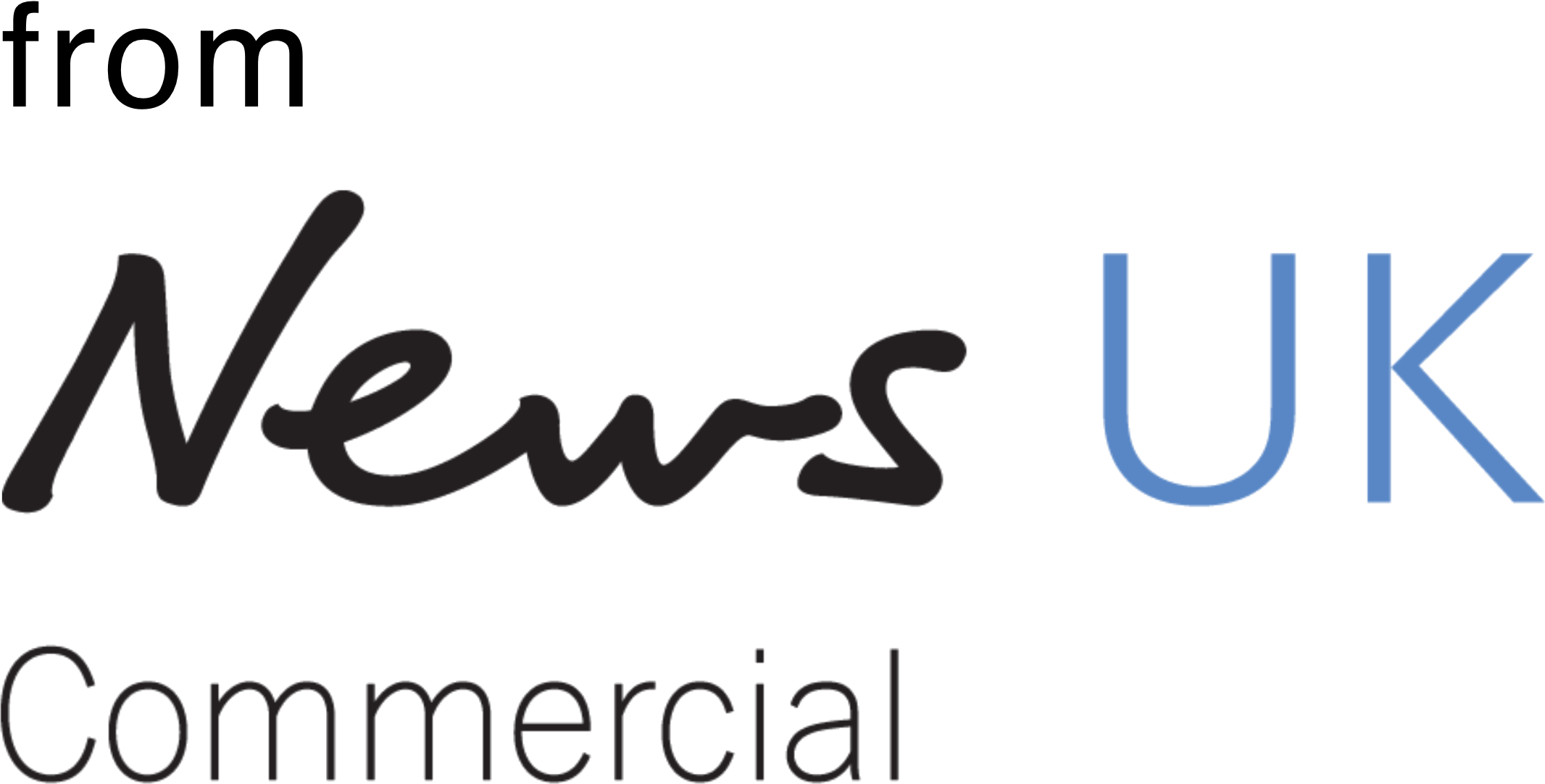It’s important that we recognise the pertinent issues of the day and do what we can about them. However, it’s equally important that we don’t lose sight of our primary purpose – business success.
BLM, MeToo, and climate change are all substantive issues that demand and deserve attention. They evolve and collide so quickly that it can be hard to keep up.
Spare a thought, then, for purpose-driven brands that are impacted, even indirectly, by topical issues. Their leaders are often called upon to take a position, sometimes at significant risk to their business, reputation and long-term success.
Two recent surveys highlight the problem - 68% of consumers said they wanted brands to speak out on issues and 60% of US employees said likewise. Yet just 28% of US brand leaders and
39% of UK brand leaders said they were willing for their brands to become political actors, wary of alienating potential and existing customers.
Measure your conviction
Keep the Tongass Roadless.
The @forestservice has opened a public comment period through January 22 about restoring the 2020 Alaska Roadless Rule and protection in the Tongass National Forest. No roads = no logging. Comment here: https://t.co/JDrdS6orVy pic.twitter.com/dn4XFj5A7e
— Patagonia (@patagonia) January 7, 2022
So, how can a brand navigate this maelstrom without losing credibility and still maintain broad appeal? Crucially, who says what, when and, most importantly, why?
Let’s start with the foundations: why does your brand exist? If you’ve done the groundwork and have this nailed, then you’re some way to navigating a path through the maze. Some brands have put purpose at the centre of their brand profile (Patagonia, Nike, Ben & Jerry’s), while others have a less aggressive attitude - just as powerful, but less assertive in its expression. Recognise which you are.
Let your purpose be your guide. If you are all about saving the rainforest then, of course, you should speak up if you see vast swathes of it being destroyed. That may present a cost in terms of lost business, but presumably you recognised that and still resolved to make that commitment.
Speak when necessary
If you find yourself balking at the ramifications now, it may be advisable to revisit your purpose again with a more pragmatic worldview.
For brands with a less assertive approach towards purpose, it’s important to realise that not every issue demands your opinion. Amid the noise of today’s media, it’s easy to believe that, if you’re not speaking, you’re invisible.
Recognise your brand’s agency and credibility on specific issues. Unless you have a key point to make, borne of your brand’s expertise, don’t feel compelled to speak. Sometimes it’s enough to just listen respectfully.
Inevitably, some small and vocal groups of employees will end up lobbying for a pet cause, but that doesn’t mean you have to make it yours. Just because your brand is famous, that doesn’t mean it’s a sovereign state that needs a policy on everything.
Don't get consumed
Respect employees’ right to engage in an individual capacity, but resist the brand getting sucked in to every issue of the day.
Also, watch that you don’t let Purpose completely overwhelm you. Shareholders criticised Unilever recently for being so consumed by demonstrating their sustainability credentials that it has lost sight of the fundamentals.
So, keep an eye on just how you can remain faithful to your purpose without looking obsessed. Issues can become all-consuming, so watch they don’t consume your brand.
Discipline your messengers
Consider who does the talking. It’s important your brand talks with one designated, authoritative voice. Make sure that role is communicated clearly and exclusively.
Specifically, employees should not proffer opinions on behalf of the brand publicly. Establish good message discipline, especially around sensitive issues where a random unauthorised comment can cause real damage.
And make sure your spokesperson is personally aligned. Fielding a CEO to talk on sustainability when they’ve just built a new home on endangered wetlands will rebound on you tenfold, ruining brand credibility and alienating customers. There’s much nonsense talked about authenticity but inauthenticity sticks out a mile. So vet your brand spokesperson thoroughly, before others do it for you.
Live out your conviction
Finally, when you do have something to say, say it with the conviction your purpose demands.
There may those who will choose not to do business with you because of your opinion, but there will be those attracted to your stance who will ultimately help you build a stronger brand.
This is the power of your purpose and why you chose it. Live it with conviction.
In summary:
- Your purpose is your guide. Reaffirm it. Recognise its consequences, both positive and negative.
- Pick your issues. Reserve your voice for those where you have credibility and a strong viewpoint.
- Be content to listen respectfully. Don’t feel compelled to speak out on everything.
- Choose your spokesperson carefully. Speak with one authoritative voice. Control the narrative.
- When you do have something to say, say it with conviction. Live your brand purpose.










